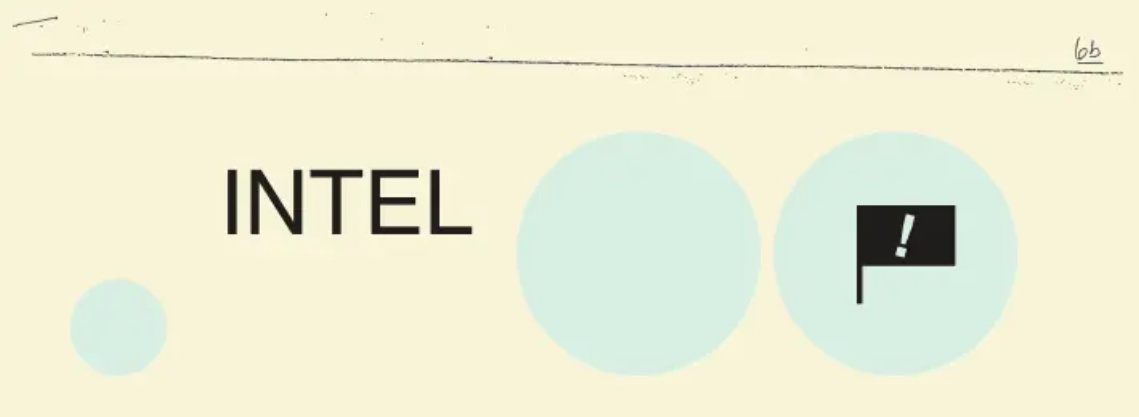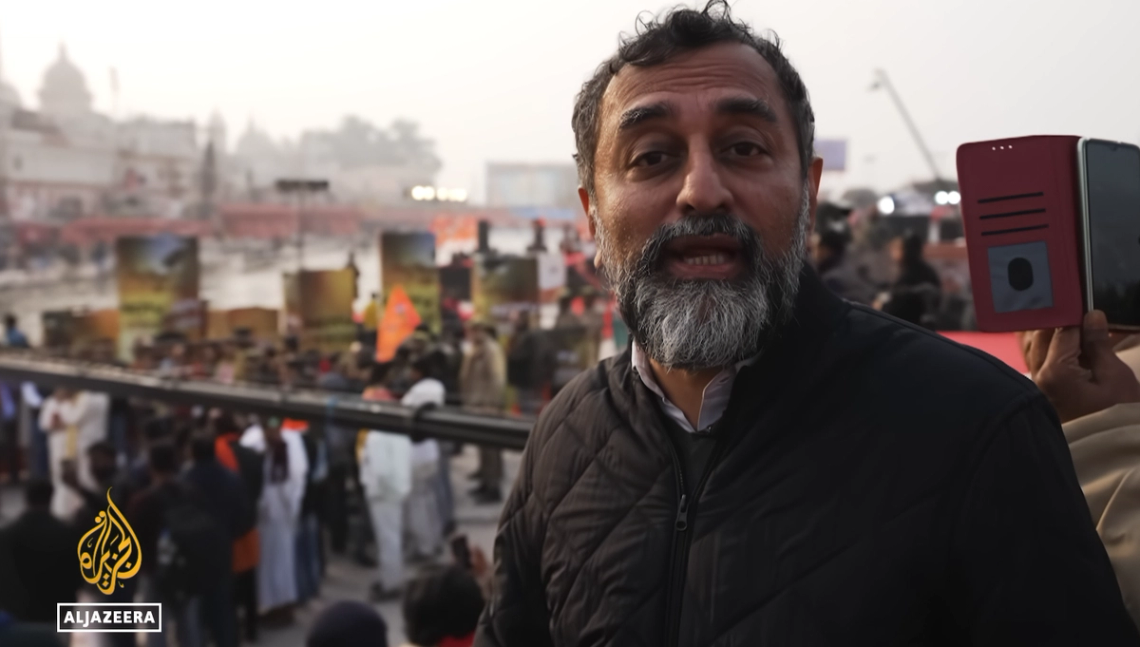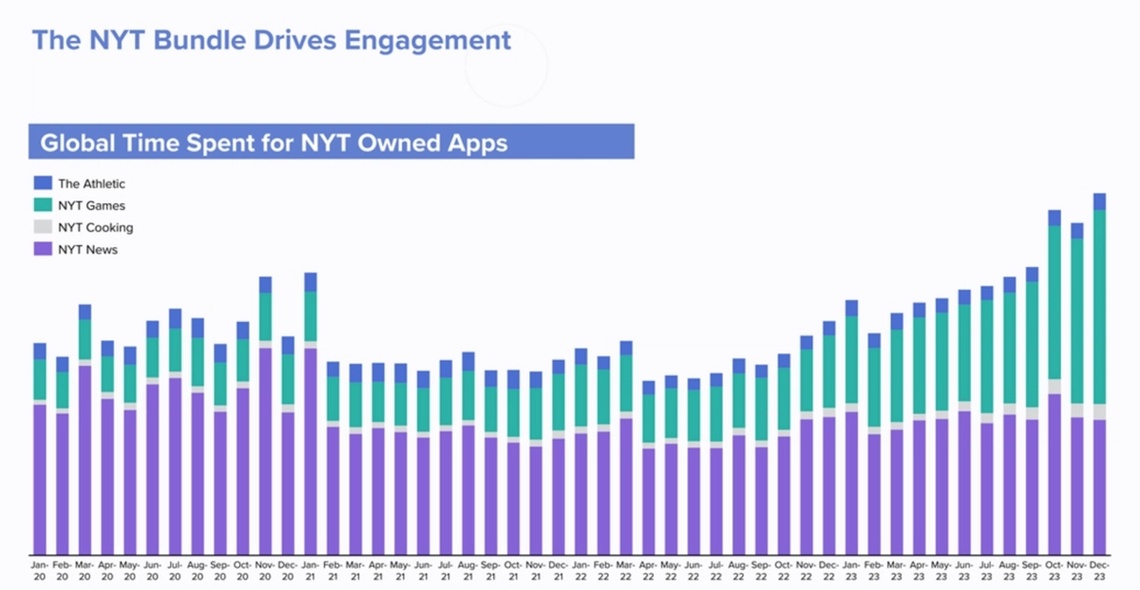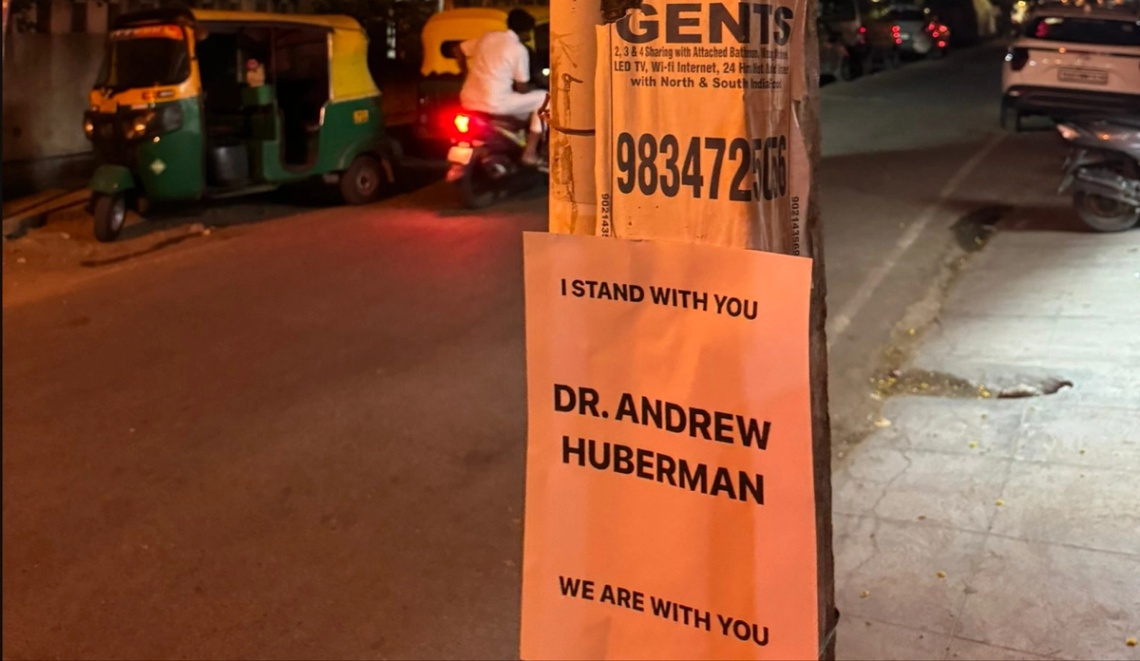 ✰ Hollywood Netflix has passed on “Icarus: The Aftermath,” the sequel to the documentary that won the service its first Academy Award for a feature doc in 2018. The film follows Grigory Rodchenkov, an architect of the Russian doping program that tainted the 2014 Sochi Olympic games, as he enters into the witness protection program in the United States. Icarus: The Aftermath screened at Telluride in September of 2022, where it received positive notices. The Hollywood Reporter called it “documentary as spy thriller, a portrait of institutional gaslighting, a legal nail-biter, an intimate look at the cost of refuting authoritarian doctrine, and, above all, an affecting character study.” Two people close to the producers say they believe it hasn’t sold because distributors are increasingly leery of hard-edged political documentaries in general, as they shift their focus to lighter sports and celebrity projects. They also worry that distributors are wary of Russian cyberattacks in retaliation. Fogel confirmed by email that the film has not yet found a distributor, but declined to comment further. He complained publicly that his most recent film, The Dissident, didn’t sell because streamers were afraid of angering Saudi Arabia with a film focused on the slain journalist Jamal Khashoggi. A Netflix spokesperson denied that hacking fears had anything to do with their calculus, and the service did just pick up Alex Gibney’s film about the Russian exile Mikhail Khodorkovsky, Citizen K. — Ben Still dying: The DVD business somehow still exists — and generated $1.36 billion in sales last year. (This per a Variety story headlined: “The DVD Biz Has Circled the Drain for Years. In 2024, It Goes Down the Tubes.”) ⁛ News Harry Murphy/Sportsfile via Getty Images Harry Murphy/Sportsfile via Getty ImagesPomp’s circumstance: A high-profile crypto investor and podcaster is building out his independent media operation, adding original reporting and analysis. Over the last several years, Anthony “Pomp” Pompliano has become a well-known figure in financial news circles with his commentary on Bitcoin, his podcast, and his increasingly popular Substack, which has over 250,000 subscribers. Semafor has learned that in the coming days, Pompliano will announce that he’s launching a new media organization with Phil Rosen, a senior business and markets journalist. The duo have already sold ads for a new daily financial publication, which will have high-profile interviews, analysis, and some original reporting. Rosen previously wrote Business Insider’s 10 Things Before the Opening Bell, a daily newsletter with nearly 2.5 million subscribers. — Max Iran attack: A story that doesn’t get enough attention is the dangers facing enemies and critics of Iran, even in the West. The recent attack on Salman Rushdie remains bizarrely undercovered. And last week, a presenter for Iran International, a particular target of the regime’s fury, was brutally attacked and stabbed on his way to work in the middle of the afternoon in London.  Good doc: Sreenivasan Jain’s Al Jazeera documentary about the fall of India’s independent news outlets and the rise of “Godi media” is well-worth the half-hour. Blind spots: Few commentators expected a group of ISIS-K Tajik terrorists to allegedly attack Moscow — partly because coverage of Central Asia has evaporated over the last decade, according to a well-timed dispatch from Peter Leonard in Eurasianet. Getting out of town: Radio Free Asia has folded its Hong Kong bureau. Taking access journalism a bit far: “Several colleagues of one former White House correspondent for a major newspaper described them hosting a dinner party where all the food was served on gold-rimmed Air Force One plates, evidently taken bit by bit over the course of some time,” per a much-discussed West Wing Playbook item. Sightings: We were pleased to see great global journalists including TVRain founding editor-in-chief Mikhail Zygar, Scroll co-founder Samir Patil, The New Yorker’s David Remnick, MSNBC’s Ari Melber, our own David Weigel, and correspondents from Le Monde, Xinhua, Israel’s Channel 13, and more in … our own New York office to toast the launch of the Semafor Global Election Hub last week. ⁜ Tech ValueAct ValueActBundled up: ValueAct, a hedge fund and New York Times investor, produced this remarkable chart in the course of weighing in on Bob Iger’s side of the Disney shareholder brawl. Bots, what are they for: Semafor’s chief bot Gina Chua eloquently explains to Quartz how we think about AI: “Essentially, you’ve got an English major that can do a lot of stuff.” Deepfakes in the wild: A leading Russian news channel, NTV, ran a deepfaked video of a top Ukrainian official supposedly calling the Moscow terror attack “very fun.” ☊ Audio Big in Indiranagar: The backlash to criticism of Huberman reached an affluent Bangalore neighborhood. (Photo used with permission of @ramyakh.) Softballs: Lex Fridman has become the tech CEO interviewer of (the CEOs’) choice, Bloomberg reports: “Why risk putting an executive in front of an incisive journalist when there’s a gentler route?” ✦ MarketingDept. of Ouroboros: Reddit is using AI to help marketers sound like Redditors. | 












